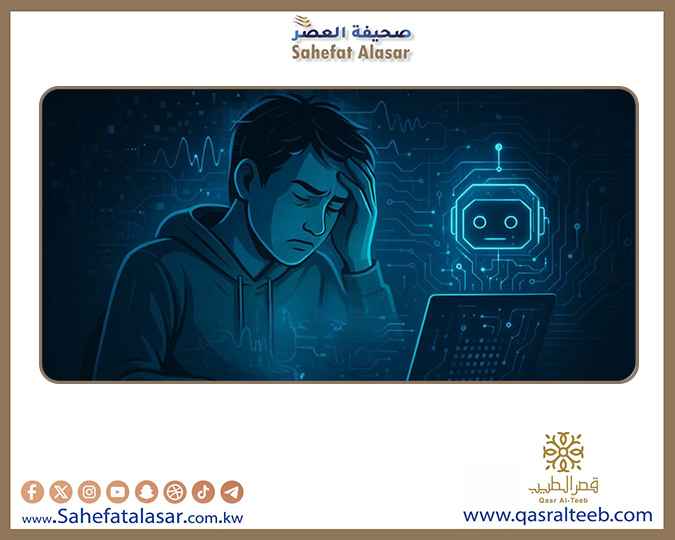


In June 2025, the Massachusetts Institute of Technology (MIT) published the results of a study that revealed significant differences in brain activity between ChatGPT users, participants who used search engines, and participants who relied solely on their creative skills to write articles. According to the study, electroencephalography (EEG) measurements showed that reliance on generative AI tools such as ChatGPT for writing tasks leads to a significant decline in brain activity and cognitive function, compared to those who use search engines or rely on their own writing skills.
Although the results of this study were not multi-reviewed, and relied on a small sample, their potential implications are significant. According to a report published in Time.com, these findings raised concerns that the over-reliance on AI tools in the study could negatively impact the learning process and brain development in the long term. Although personal effects vary from user to user, several studies suggest that psychological counseling centers should evaluate the potential impact of the use of ChatGPT and AI assistants on students' mental health, especially in areas such as academic motivation (willingness to learn), psychological resilience (ability to adapt to challenges, pressures, and difficulties), and social relationships.
The potential impact of using ChatGPT and AI tools on academic
motivation The study
showed that students who used ChatGPT became less diligent over time, increasingly reliant on copying and pasting, and showed a weak sense of belonging to what they wrote. This suggests that some users may have a declining motivation to learn and engage academically. These aspects are fundamental factors affecting students' mental health, as lack of motivation is often associated with problems such as anxiety, depression, and risky behaviors, according to a 2019 report by Columbia University.
On the other hand, high motivation and academic engagement are indicators of student prosperity. According to a 2023 study published in the journal Behavioral Sciences, motivated students show more interest in studying and perform better academically than others.
Another study published in 2024 in the journal Technology in Science suggested that ChatGPT may help boost student productivity, which can contribute to increased academic engagement. Therefore, if counselors notice a decrease in the motivation of some students, they should consider the use of AI tools as a contributing factor, considering that these tools may also be an innovative way to motivate other students who are undermotivated.
